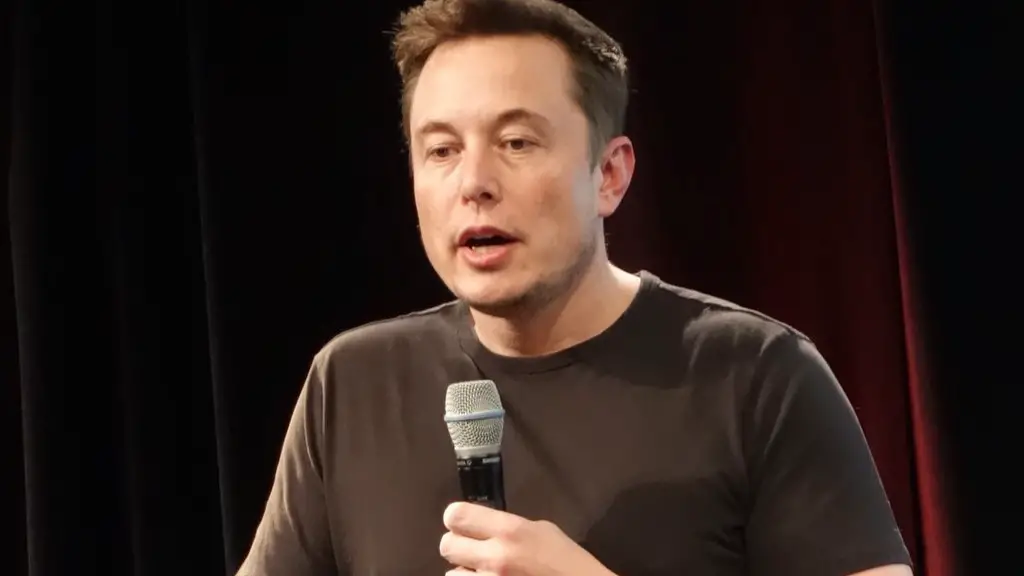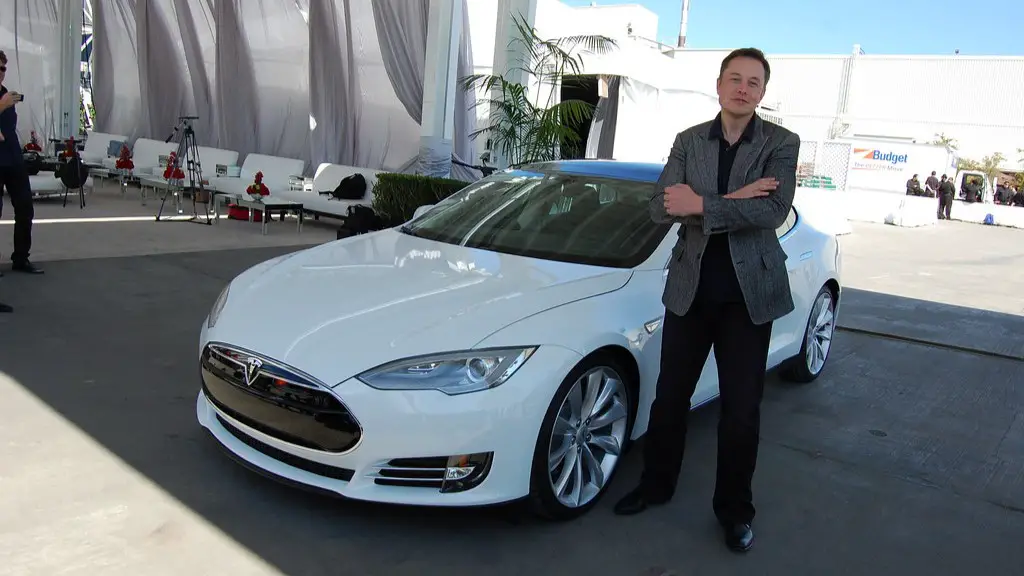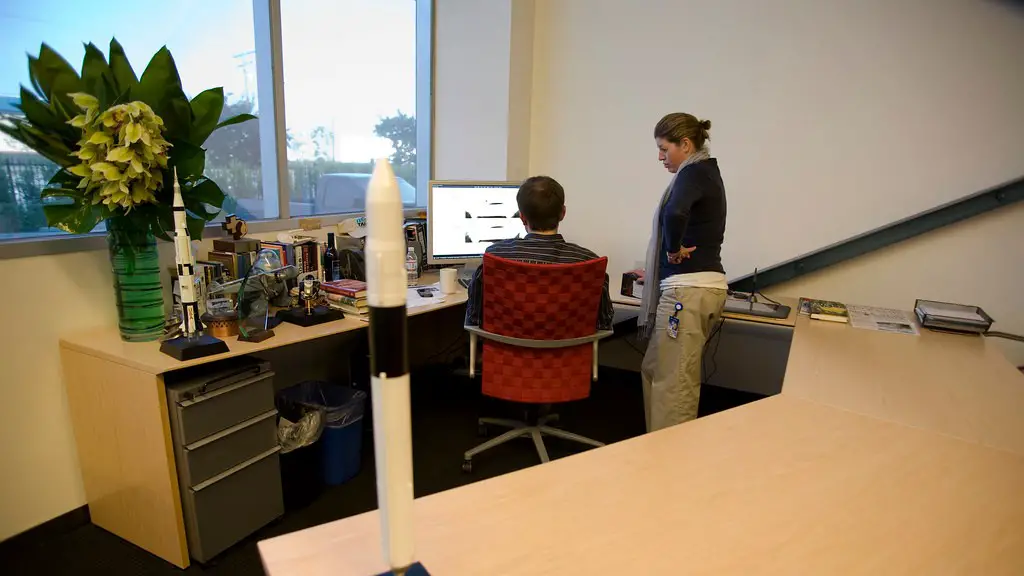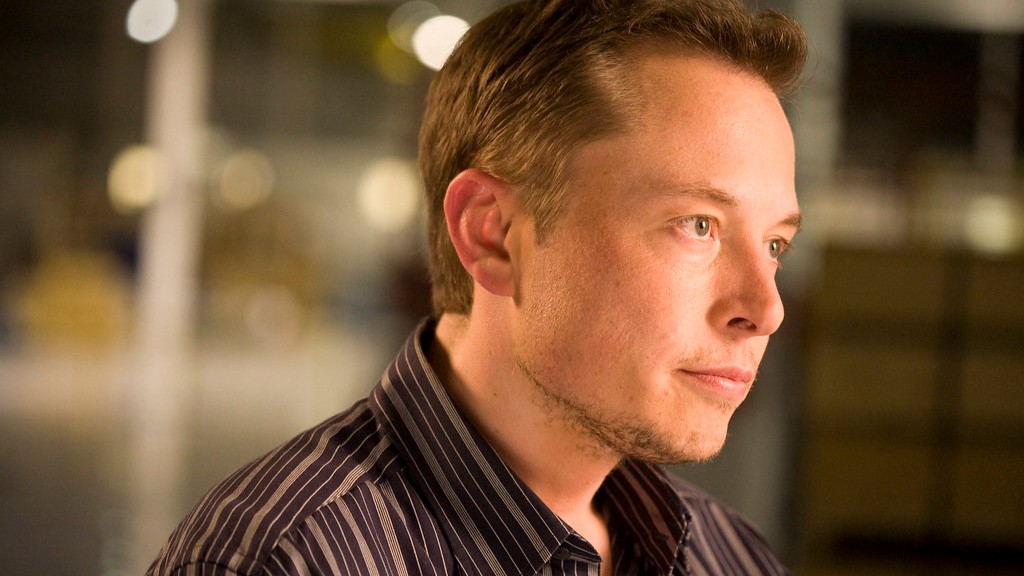Life on Mars
Elon Musk, the eccentric tech billionaire, has often been likened to a character from a science fiction novel. With his bold ideas, he aims to make science fiction become science fact, and he is doing just that with his visionary Mars colony.
Musk has invested billions into SpaceX, the aerospace company he founded in 2002. Musk’s stated purpose for SpaceX is to send colonists to Mars and build a self-sustaining colony, which is thought to be the first step in achieving his ultimate goal of multi-planetary life.
SpaceX has achieved a number of milestones in recent years, from successful launches and orbital missions, to developing re-usable rockets. While these accomplishments demonstrate that the company is progressing on the path for space exploration, some experts have criticized the large sums of money Musk has invested into his project and question the feasibility of establishing a human colony on Mars.
Musk’s plans for Mars include developing a grid of reusable spaceships which would serve as the transportation system for colonists traveling to the planet. SpaceX has already developed a prototype spaceship, the Starship, that they are hoping will one day take humans to Mars. Musk is also proposing the use of renewable energy sources such as solar, nuclear, and wind to power the colony on Mars.
In addition to the impressive technical feats, Musk believes the colonization of Mars could provide numerous benefits to humanity. These include the further exploration of space, the advancement of human knowledge, and a safe haven for humanity in the event of a global threat. Musk also expects that a successful Mars mission will increase public interest in space exploration and encourage other companies to join in on the mission.
Despite criticism from some experts, there is little doubt that Elon Musk is an ambitious visionary who is striving for scientific progress. His goals for a Mars colony might be ambitious, but with his talent and drive, it might not be too long before we see humans living and working on the red planet.
Robotics in Space Exploration
Elon Musk’s plans for a Mars colony rely heavily on advancements in robotics and artificial intelligence. According to Musk, the success of a Mars colony relies on the ability to autonomously repopulate and construct the necessary components on the planet. This could be achieved through semi-autonomous robots that could construct buildings and other types of infrastructure.
Furthermore, the long-term success of a Mars colony also relies on the use of autonomous robots to explore and document the topography of Mars and other planets for potential landing sites, as well as mapping out a viable path for the Starship to take from Earth. Additionally, Musk has expressed a desire for an artificial intelligence-based system, which would provide greater insight into the environment on Mars.
In addition to the exploration and construction purposes, autonomous robots may also form part of the everyday life in a Mars colony. For instance, they could be used to monitor and maintain the colony, as well as possibly serve as teachers and mentors for the human residents. Autonomous robots could even potentially act as companions and provide emotional and social support to the colonists.
Given the immense logistical challenges of creating a Mars colony, there is no question that advancements in robotics and artificial intelligence will be essential to the success of such an endeavor. Although the pathway to Musk’s goal of a Martian colony is a long one, technological breakthroughs and improved robotics may mean reaching his goal a lot sooner than originally expected.
Environmental Challenges in Martian Colonies
The establishment of a permanent human settlement on Mars poses numerous environmental challenges that must be taken into consideration. From the limited resources available on the planet, to potential terraforming, the challenges are vast.
The most critical environmental challenges for future astronauts and colonists will be extreme temperatures, dust storms and reduced gravity. These factors will require the consideration of dust accumulations on the Martian surface, and ways to protect the colonists from radiation. Moreover, Musk has proposed the terraforming of Mars, which would entail the release of energy and resources in order to artificially maintain the most suitable environment on the planet.
In order to keep the colony on Mars self-sustaining and to protect the environment from pollution and depletion, Musk has also suggested using renewable energy sources to power the colony, as well as utilizing recyclable materials and harnessing the planet’s water and carbon dioxide for fuel and oxygen.
Along with the environmental challenges, Musk must also consider the societal implications of sending human colonists to live on the red planet. From psychological to economic effects, Musk must be sure to consider how establishing a permanent Human settlement on Mars will affect the planet’s well-being, as well as our own.
State of The Art Technologies
In order to take on the enormous task of establishing a Mars colony, Musk will require cutting edge technology. SpaceX has already developed the Starship, a state of the art spacecraft that is being tested for deep space missions. However, there are still numerous other technological feats that need to be overcome before Musk’s mission can be a success.
From space suits that can shield astronauts from harmful ultraviolet radiation, to nanotech applications that can extract water from the Martian soil, many technological advancements are needed in order to make living on Mars viable. Additionally, Musk has proposed the use of artificial intelligence-based systems in order to analyze and monitor the environment on Mars.
Achieving such technologies would require massive investments and advancements in science, but with SpaceX’s technical successes, as well as innovations from other tech companies, it is possible that Musk’s dream of a Martian colony could one day become a reality.
Human Health Implications
In addition to the technological advances, Musk must also consider human health implications in order to ensure a successful Mars mission. From psychological effects, such as loneliness, depression, and anxiety, to physical ailments caused by the reduced environment on the planet, Musk must develop strategies to protect and sustain the human colonists.
Musk has also proposed the use of gene editing to potentially reduce the physiological effects of living in a Martian environment. This would involve using gene-editing approaches, such as CRISPR technology, to improve the physiological capabilities of colonists and protect their cells from the harsh environment of a Martian settlement. While this could have beneficial long-term effects, it is important for Musk to consider the ethical implications of his plans.
Finally, Musk’s plans for a Mars colony must also account for the medical needs of the colonists and ensure that they are provided with adequate healthcare. From proper sanitation and hygienic measures, to adequate healthcare provisions and treatments, it is essential that the colonists on Mars are given the same medical care that we have on Earth.
The Quest for a Sustainable Mars Colony
Establishing a Martian colony is an immense challenge. From technological breakthroughs to environmental and health considerations, Elon Musk must consider an array of challenges before embarking on this journey.
Despite the difficulties of the mission, Musk and his SpaceX team remain optimistic about their quest for a Martian colony. With their cutting edge technologies and ambitious plans, it might not be too long before we see humans living and working on Mars.





